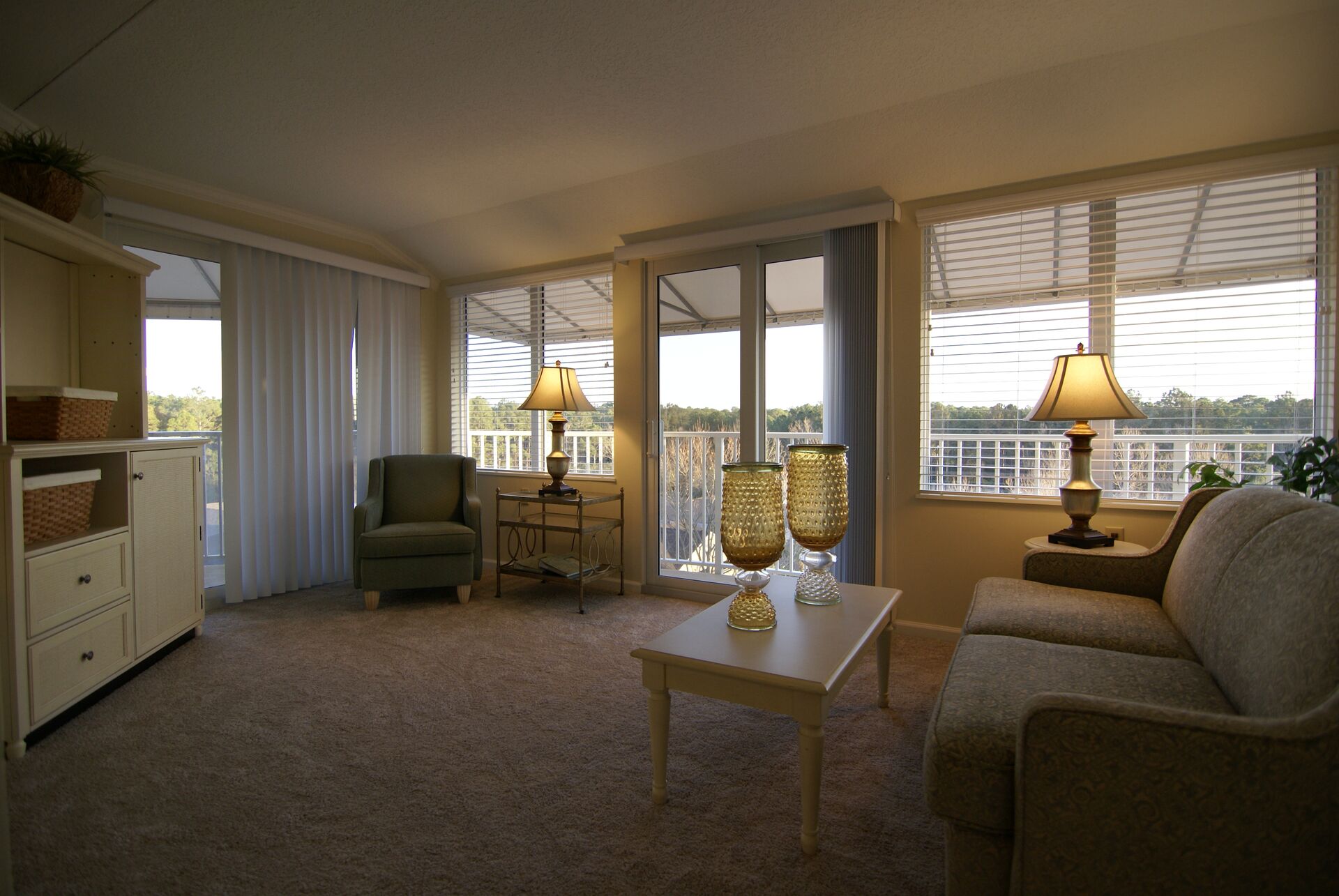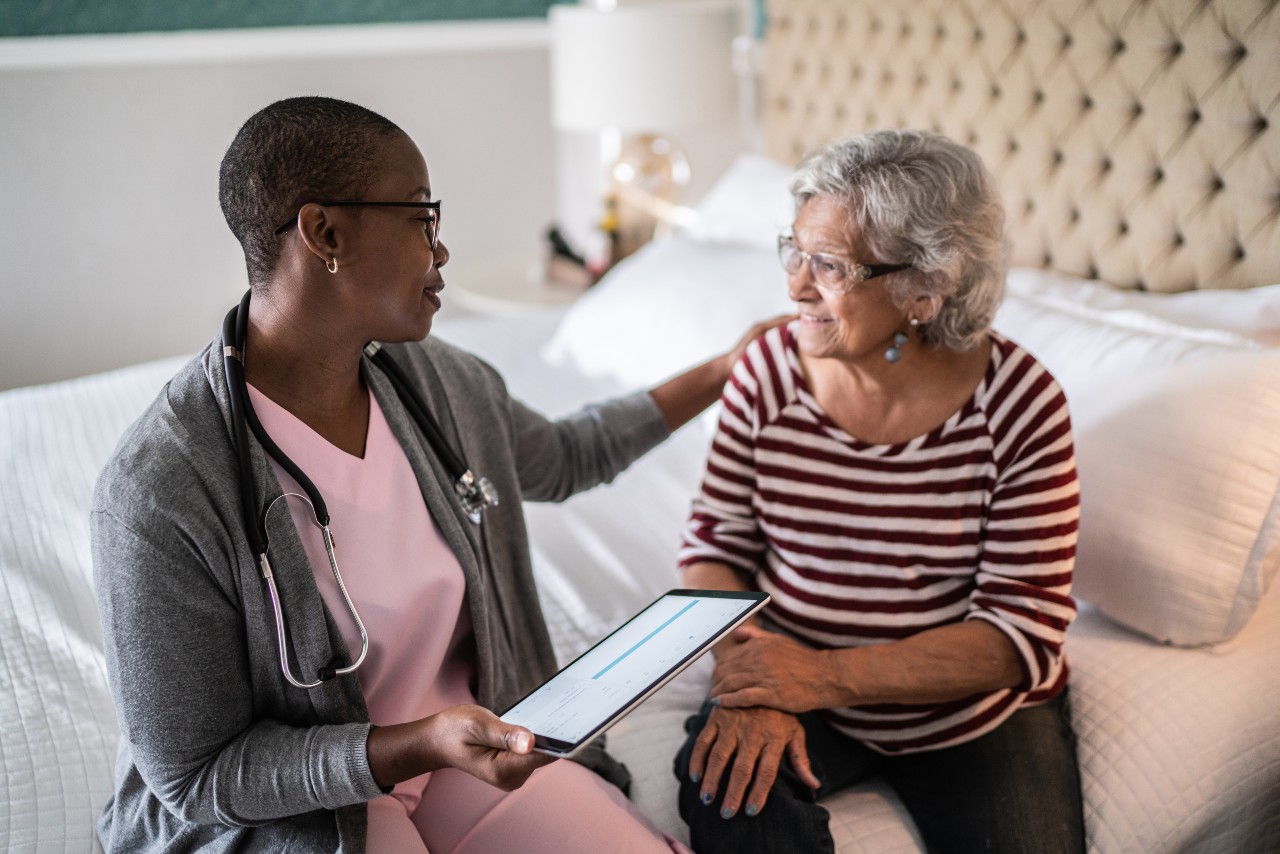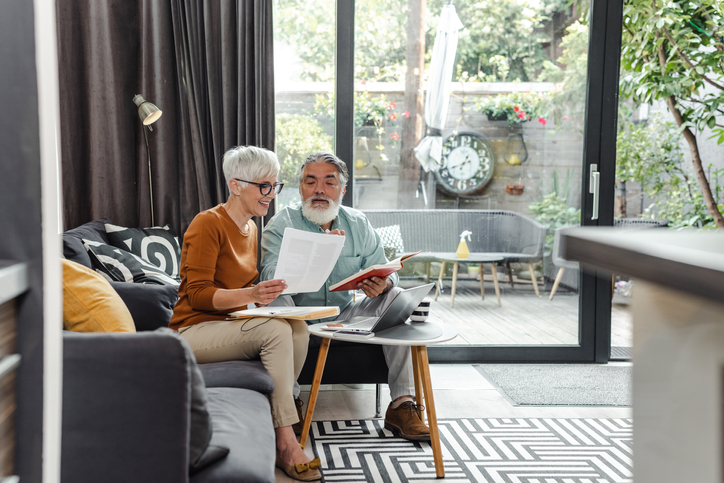Dementia: The Therapeutic Power of Cooking

Sometimes the simplest joys in life are the most powerful – take cooking, for example. Cooking is an engaging activity that stimulates all the senses, taps into procedural memory, and provides a relaxing, fun experience. For individuals in the mid to later stages of dementia, these benefits are invaluable to overall well-being.
Engaging All Senses
Cooking is a multi-sensory experience that engages sight, smell, touch, taste and hearing. The vibrant colors of fresh vegetables, the aromatic scents of herbs and spices, the tactile sensation of kneading dough, the sound of sizzling pans, and the delightful taste of a finished dish all contribute to a rich sensory experience.
Research indicates that sensory stimulation can play a crucial role in dementia care. By engaging multiple senses, cooking can help trigger memories and emotions, creating a sense of familiarity and comfort for individuals with dementia. This sensory engagement can enhance cognitive function and provide a pleasurable, immersive experience.
Procedural Memory Engagement
Procedural memory, which is responsible for remembering how to perform tasks, is often less affected by dementia compared to other types of memory. Cooking relies heavily on procedural memory, as it involves a sequence of steps that are often deeply ingrained from years of practice.
For individuals with dementia, engaging in cooking can help maintain and strengthen procedural memory. The repetitive actions involved in cooking, such as stirring, chopping and seasoning, can be comforting and familiar. This engagement helps preserve cognitive function and provides a sense of accomplishment.
Brain and Mood Benefits of Cooking
The cognitive benefits of cooking for individuals with dementia are well-documented. Engaging in cooking activities can help improve executive function since the process of planning, organizing and executing a recipe involves multiple cognitive functions, providing a comprehensive mental workout.
A study published in the American Journal of Recreational Therapy highlights the importance of meaningful activities, like cooking, in enhancing cognitive function in individuals with dementia. By stimulating the brain through a combination of physical, cognitive and social elements, cooking can help slow cognitive decline, improve overall brain health, and mediate agitation. Similarly, a 2017 study published by the National Library of Medicine found that a 12-week cooking program based on brain-activating rehabilitation (BAR) can help reduce behavioral and psychological symptoms of dementia and maintain executive function in elderly residents with dementia.
Relaxation and Fun
Cooking can be a relaxing and enjoyable activity, offering a break from the routine and a chance to focus on something creative and rewarding. The process of preparing a meal can be meditative, and the end result brings a sense of achievement and satisfaction.
Encouraging individuals with dementia to relax and have fun while cooking can significantly impact their mental health. The act of cooking allows them to express creativity, enjoy sensory pleasures, and experience the joy of sharing a meal with others.
Heartfelt CONNECTIONS at Cypress Village
At Cypress Village, the Heartfelt CONNECTIONS memory care program is designed to provide person-centered care that focuses on the unique preferences, history and abilities of each resident. Cooking activities are an integral part of this model, offering numerous benefits for residents with dementia.
Personalized Activities
The Heartfelt CONNECTIONS model emphasizes the importance of engaging residents in activities that are meaningful to them. Cooking is a perfect example of a personalized activity that can be tailored to each resident’s interests and abilities. Whether it’s preparing a favorite family recipe or creating a simple dish, cooking provides a sense of purpose and fulfillment.
Country Kitchen
Cypress Village offers a country kitchen specifically designed for memory care residents. This kitchen provides a safe and inviting environment where residents can participate in cooking activities. The country kitchen is equipped with adaptive tools and safety features to ensure that residents can enjoy cooking with minimal risk.
The country kitchen at Cypress Village is more than just a place to prepare food; it is a space for social interaction, sensory stimulation and cognitive engagement. Residents can work together, share memories, and enjoy the sensory pleasures of cooking, all while benefiting from the therapeutic effects of this activity.
Planning for the Future With Cypress Village
Whether it happens to you or a loved one, receiving a dementia diagnosis can be profoundly difficult and immediately leads to a variety of questions and emotions. To learn more about planning for a future after a dementia diagnosis, read our blog. If you’re interested in experiencing our community for yourself, contact us to schedule a visit.




